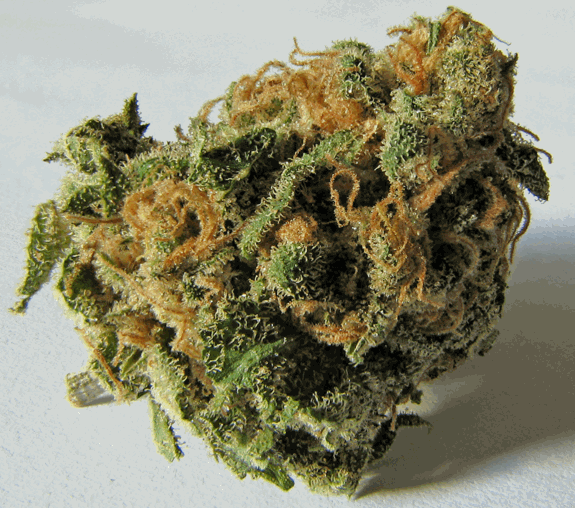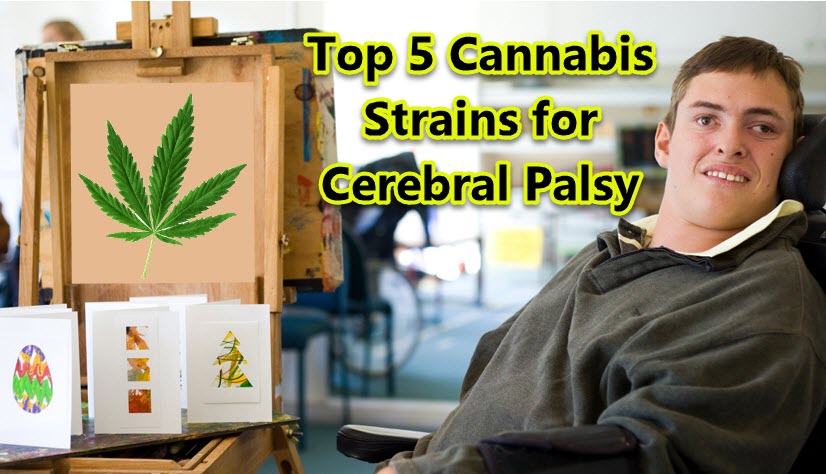Cannabis Research for Bell’s Palsy
How Does Marijuana Work With Bell's Palsy Syndrome? from CannabisNet on Vimeo.
Bell’s Palsy is a type of facial paralysis that occurs due to dysfunctions in the facial nerve. When this nerve is damaged, it results in the inability to control facial muscles on the affected part of the face.
Bell’s Palsy can happen when the facial nerve is exposed to some form of trauma. People with diabetes or those who have a low immune system due to a viral infection are at higher risk for developing Bell’s Palsy. Other conditions that have been linked to higher incidence of Bell’s Palsy include strokes, brain tumors, Lyme disease, and herpes simplex virus. Bell’s Palsy is one of the most common mononeuropathy disorders and cause of acute facial nerve paralysis, but there have been no specific causes that have yet been identified.
Bell’s Palsy affects around 40,000 Americans each year, both men and women of all ages, but is more common among those 15 to 60 years of age. Bell’s Palsy cases vary from one to the other; while in some people the condition may be mild and not require any treatment since the symptoms will go away on their own in less than 2 weeks, other aren’t so lucky and will need a range of therapeutic treatments.
For patients who have to endure months of treatment for Bell’s Palsy, this can be extremely degrading and frustrating. But this is also where medical cannabis can help.

How Cannabis Can Help
While research on the efficacy of cannabis for this condition is limited, there is already interest in the topic. Even big pharma is on to it: researchers are investigating the use of cannabis-derived medications as a potential treatment for the symptoms of Bell’s Palsy.
Here are ways that cannabis may be able to help patients with severe cases of Bell’s Palsy:
Anti-Inflammatory: Bell’s Palsy symptoms begin to manifest when the facial nerve is inflamed or compressed. Cannabis is a proven anti-inflammatory thanks to the myriad of cannabinoids and terpenes at work with potent inflammation-fighting properties. Cannabis is also recognized as effective in treating inflammation in the nerve cells that are linked to various debilitating degenerative disorders. Studies show that THC, the psychoactive cannabinoid, was able to reduce neural inflammation in animal models who were induced with Alzheimer’s disease. Treating inflammation may be able to reduce the frequency or severity of some Bell’s Palsy symptoms, and while there is no research yet to prove this, patients who have similar conditions such as cerebral palsy as well as multiple sclerosis have been able to enjoy relief from cannabis.
Neuroprotective antioxidant: Cannabis has been found to contain neuroprotective antioxidant properties, which work by reducing the damage caused by free radicals such as stress, pollution, and other toxins all of which can have an impact on the health of nerve cells. Further damage to nerve cells may exacerbate the symptoms of Bell’s Palsy. Although there is an absence of research done on cannabis for neuroprotection against Bell’s Palsy, the US government has a patent to use cannabinoids as a means of protecting from various neurological conditions and inflammatory diseases.
Pain relief: Pain in the face and jaw are common symptoms among patients of Bell’s Palsy. While pain relief caused by a wide variety of health conditions is one of the most common reasons people seek out medical cannabis, studies show that low doses of THC may be most effective in treating pain. CBD has also shown to be extremely beneficial for pain relief, but others believe that combining all the cannabinoids to work together, through a concept known as the entourage effect, is the most powerful way to get the plant’s analgesic (and other health) benefits.
Conditions associated with Bell’s Palsy: Even though research on cannabis and Bell’s Palsy may still be nonexistent, the conditions associated with it have dozens, some even hundreds, to prove that cannabis treats them. These include tumors, Lyme disease, and herpes simplex virus. The research behind these conditions alone and the prevalence of Bell’s Palsy among people who have them should be enough to call for studies connecting cannabis to Bell’s Palsy.
Headaches: Another common symptom of Bell’s Palsy, headaches have long been successfully treated by cannabis. In fact, the herb has been prescribed to treat headaches for centuries now. Different kinds of headaches have shown a positive response when treated with cannabis, and while in some cases the plant won’t completely get rid of headaches, many patients report that cannabis helps make the pain much less and more bearable.
Have you been able to use cannabis for Bell’s Palsy, or know someone who has? Share your story with us in the comments below!
OTHER STORIES YOU MAY ENJOY...
SETH GREEN, CANNABIS WARRIOR, CLICK HERE.
OR..
CANNABIS STRAINS FOR CEREBRAL PALSY, CLICK HERE.









